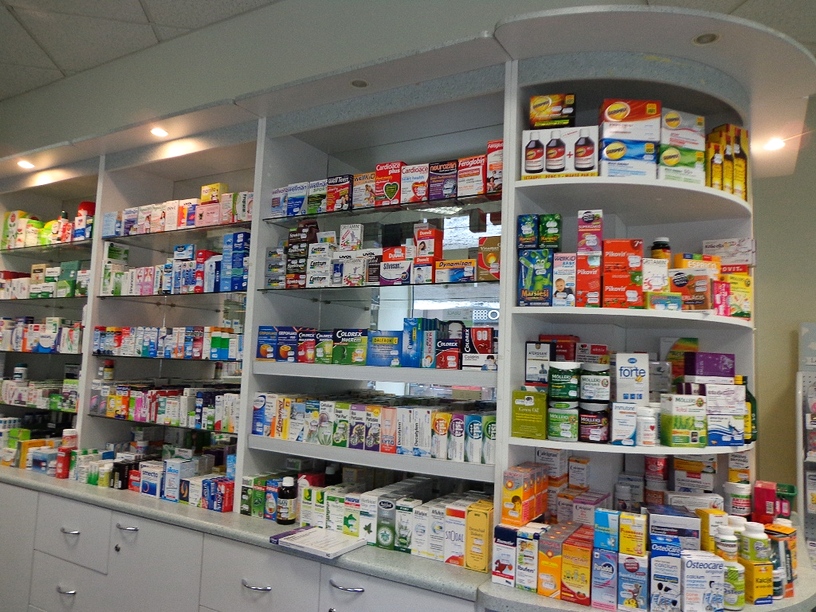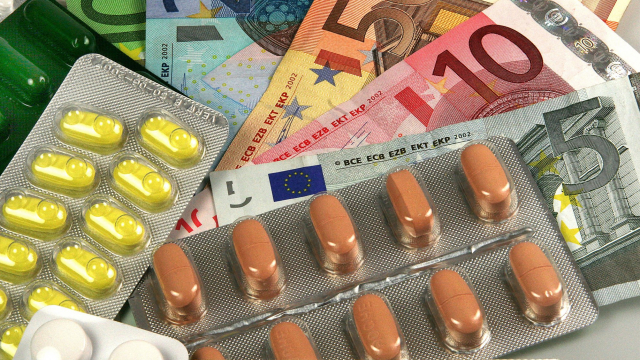During the economic downturn, the compensations for a number of disease-specific drugs were lowered, and patients had to pay more. Before this, only drugs for hepatitis and blood circulation problems were compensated as they were before the crisis hit.
July 1st comes with welcome news for patients of ulcerative colitis, Crohn's disease, and psoriasis, as drugs treating these diseases will now be compensated for 75% instead of the previous 50%, said Oskars Šneiders of the Ministry of Health
Patients not yet 18 years old will be able to receive compensations for antibiotics used in treatment of specific diseases.
Šneiders also said that the Ministry of Health will ask the government to increase the state compensations for hepatitis C treatment, and to start using the newest drugs to fight the virus.
Olita Mengote, chairwoman of the Hepatitis society, said that compensations are "necessary, as these patients are the victims of the disease, and they are forced to leave the country to find treatment."
She added that Latvia is the only country in the European Union where hepatitis C treatment isn't fully compensated.





























